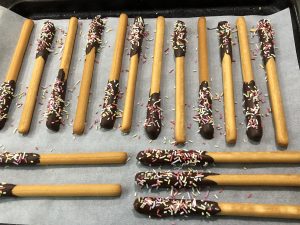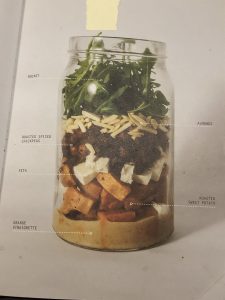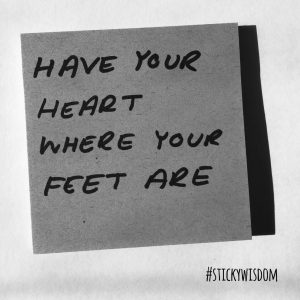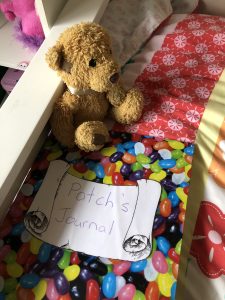It’s rarely good news when you hear your child screaming ‘Muuuuum!’ from the toilet! Recently Ella managed to drop her new gloves in the loo! They (obviously) needed a wash afterward and she was pretty upset because she now couldn’t wear them to school. I really didn’t have the energy to deal with her distress during the pre-departure morning chaos, so to pull her out of it I suggested we have some fun thinking of all the ways it could have been worse. Given that this incident involved a toilet it was fairly easy to think of a range of disgusting ideas (which she loved!). She ended up smiling and laughing with me and expressing genuine gratitude that the gloves didn’t get flushed away (or reach one of a number of much more gross fates!).
But the value of asking ‘how could it be worse?’ isn’t just limited to minor daily hiccups or annoyances, it’s also relevant to the traumatic and life-changing. Sheryl Sandberg spoke about this in an interview on the On Being podcast when she described the advice her friend Adam Grant gave her after her husband died unexpectedly.
…Adam looked at me and said, “You should think about how things could be worse.” And I thought to myself, “Dave just died suddenly. How can things be worse?” And he said, “He could’ve had that cardiac arrhythmia driving your children.” I mean, in that instant, to this day, when I say that, I feel better. I’m like, OK my kids are alive. I’m fine. Literally. Because think about the devastation I felt with Dave, and the devastation of losing all three of them in one instant, which happens. And all of a sudden, you’re better.
And you would think that when you’re trying to find a way forward, you want to think about happy thoughts, but actually, what you want to do is find gratitude, gratitude for what’s left. And one way of doing that is think about how things could be worse. And that really did work, because the minute I thought about the fact that I’m lucky to still have my children alive, what I found was gratitude.”
A quote I’m pondering:
Grace can take you places where hustling can’t”
~ Elizabeth Gilbert on the Chase Jarvis Live podcast
We’re moving to Normanville (a little coastal town south of Adelaide) next year – which is partly about getting more grace and less hustle into our lives. Hustling seems like such a default and I’m noticing how, in planning for next year, I need to consciously stop from over-committing myself in order to allow the time and space for grace. Related – Is hustle culture actually hurting us?









